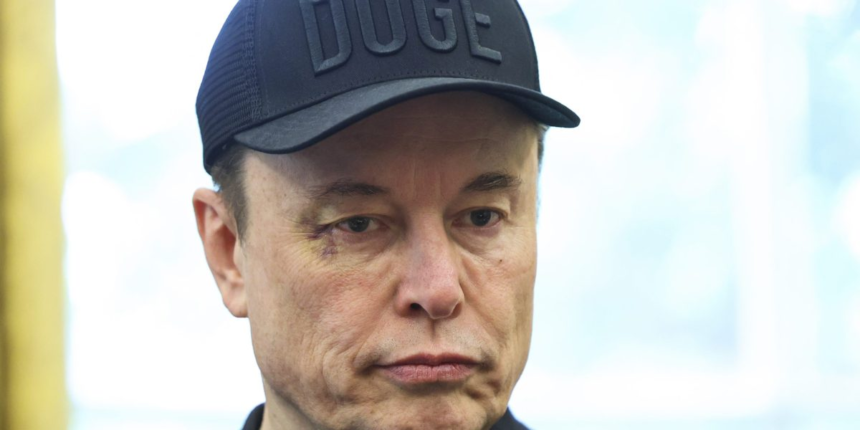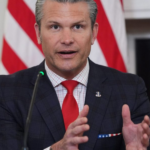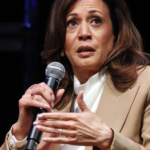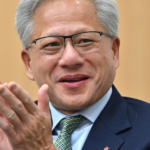“It’s very useful to look at this very prominent case of the wealthiest person in the world and their very strong political action,” he said.
Tesla did not immediately respond to Fortune’s request for comment.
To accurately measure the impact Musk’s political and controversial decisions had on Tesla, researchers broke down sales between 2020 and 2025 by U.S. counties, looking at vehicle registration data in predominantly Democrat versus predominantly Republican areas of the country.
In heavily Democratic areas of the country, Tesla sales rocketed from 2020 through most of 2022, up until Musk acquired X, at which point sales began decreasing. However, researchers found the sales of EVs and hybrid cars in these left-leaning parts of the U.S. continued to tick up, indicating the slowing purchase of Teslas wasn’t a result of poor EV demand, but rather a decision from Democrat-heavy areas not to purchase Tesla vehicles specifically. In Republican-leaning areas, EV sales were flat. Researchers were able to extrapolate sales data from those models.
“There’s always been a debate about whether CEOs should really be silent on political things, or or should really lean into politics,” Gillingham said.
“Some general guardrails on this front would help everyone involved, including institutional investors, retail investors, Musk himself, the Board, and Tesla employees around the world,” Ives said in a note to investors. “The Board cannot control Musk’s donations….but they can have oversight if his political ambitions/endeavors interfere with his role as CEO of Tesla.”
For other CEOs concerned about how to manage political endeavors and running a company, Gillingham had a starlet piece of advice: “The easiest thing to say is, don’t antagonize your core customers.”









